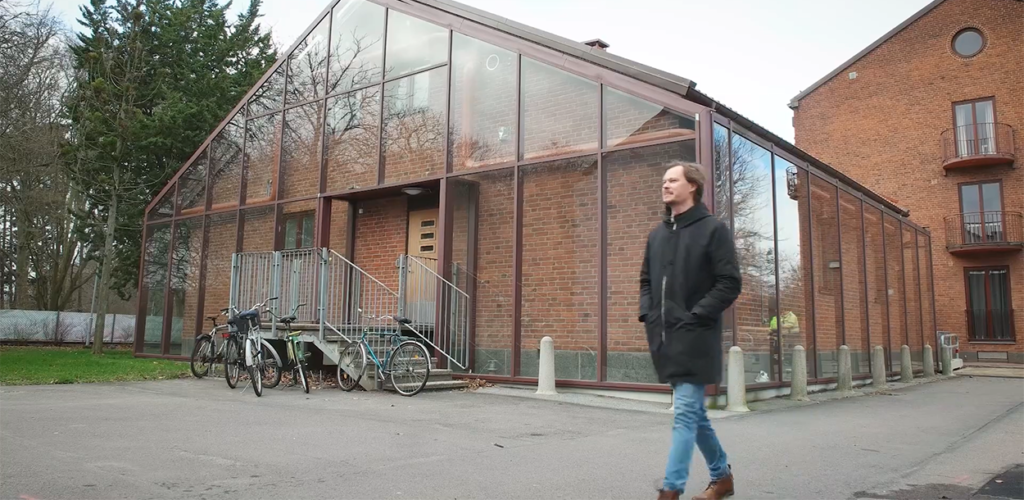Last week’s episode in the video series The roles of city governments in the sharing economy discussed how municipalities self-govern in the sharing economy. We talked about three principal municipal roles of self-governing: the city as a consumer, the city as a sharer and the city as a data user. Earlier we also discussed the regulating mechanism, which is the most common way to govern the sharing economy in cities. This week we turn your attention to one more mechanism through which municipalities govern sharing economy organisations: “providing.”
Municipalities can engage with sharing economy organisations by providing or withholding practical, material and infrastructural means. The mechanism of providing includes at least four roles: the city as an owner, the city as a host, the city as an investor and the city as a data provider.
The ‘city as an owner’ implies that a municipality owns or co-owns a sharing economy initiative. In the ‘city as an investor’ role, municipalities provide funding to sharing economy organisations. In the ‘city as a host’ role, municipalities often act as hosts by providing infrastructure or space to sharing economy initiatives. Typical examples of the ‘city as a host’ role are bicycle pools in many cities around the world, for which municipalities provide docking stations, infrastructure and digital technology support. Municipalities may also host sharing economy organisations on their premises. The ‘city as a data provider’ role relates to municipalities sharing their data with citizens by, for example, creating and operating open data platforms.
These are all examples of how municipalities can support the sharing economy through provision. But it is important to say that they may also choose to intentionally or unintentionally ignore sharing economy organisations. Municipalities do so by not granting any financial resources to the sharing economy organisations or by withholding existing infrastructure support.
To learn more on how the cities of Amsterdam, Berlin, Gothenburg, London, Malmö and San Francisco govern the sharing economy through provision and to get concrete examples from these cities watch “The Roles of City Governments in the Sharing Economy – Providing” here:
Stay tuned for the next film in the series, which will discuss the governance mechanism of ‘enabling’ or how municipalities govern sharing economy organisations by enabling or disabling them.
##
These films are based on the research done in two research projects: Sharing and the City (funded by Swedish Research Council Formas) and Urban Sharing research programme, which has received funding from the European Research Council (ERC) under the European Union’s Horizon 2020 research and innovation programme (grant agreement No 771872). The films are a part of the Sharing Cities Massive Open Online Course (MOOC) developed at the International Institute for Industrial Environmental Economics (IIIEE), Lund University, Sweden, and funded through the Sharing Cities Sweden project.









